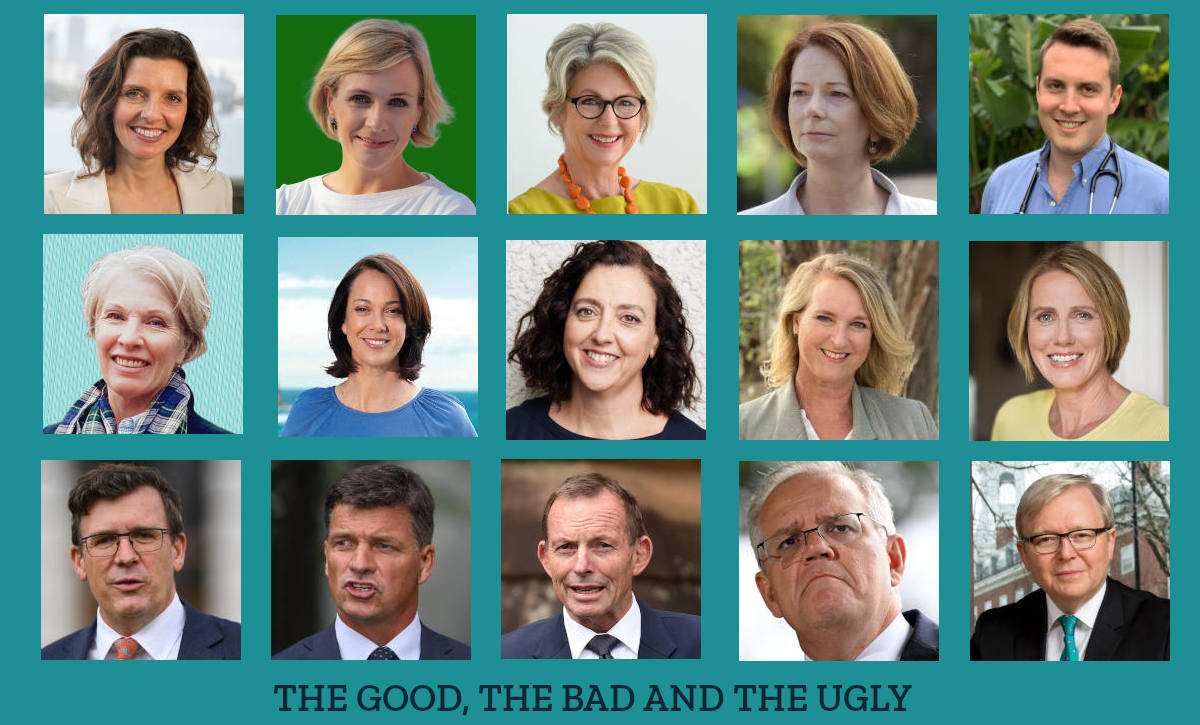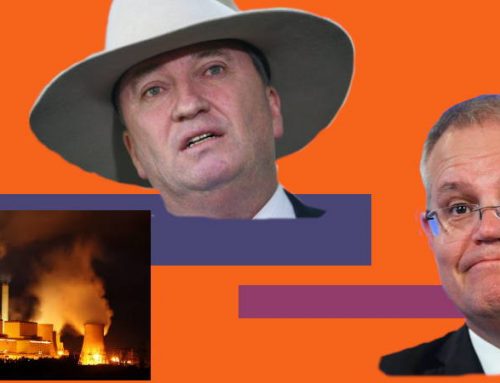Project Description
Reading Time: 5 minsThere is a reasonable chance that after the May 2022 election Australia will for the second time in recent years be in a situation where no one party has a majority in the House of Representatives. This has been brought about by the popularity of some very capable and extremely passionate people standing as independents in a number of critical seats.

Criticism of minority government, or ’hung’ parliament comes mostly from the two main political parties and their more ardent supporters – it’s a threat to the cumbersome, inefficient and often corrupt two-party system that we’ve become used to and sadly, impervious to. The fact is, that for a more democratic outcome and for the chance of community voices to be heard in parliament, government by minority is superior as there is necessity for mediation and civilised negotiation between the different interests. There are however some definite caveats to successful rule by a minority government.
A minority government must have members adept in the art of negotiation and persuasion. A minority government should be cohesive, without internal rancour or disfunction – something that many voters have missed in recent years. Assuming both major parties have won approximately the same number of seats, the party winning most votes overall should have first right of refusal to negotiate with independents and minor parties. That said, there can always be a case where the majority party is not a good fit with most elected independents. The independents can then either negotiate with the other major party or stay on the cross benches without an arrangement in place to vote on each issue as they deem correct.
In terms of bills passed, Australia’s most successful government since federation was the minority Labor Government of Julia Gillard after the August 2010 election. Labor won 72 of 150 seats, a combination of conservative parties won 73 seats, and there were 5 independents. One independent, Bob Katter supported the conservative coalition while Tony Windsor, Rob Oakeshott and Andrew Wilkie supported the Gillard Labor Government, along with the single Green member Adam Bandt. This arrangement was a surprise to many conservative voters who assumed that Windsor, Oakeshott and even Wilkie were considered ‘middle of the road’ veering very slightly to the right.

There was one very good reason for Gillard’s success in putting this unlikely coalition together and that was her ability to listen and negotiate. Conversely, the belligerent and over-confident leader of the conservatives Tony Abbott demonstrated during the period of negotiation straight after the election that he was unwilling and/or unable to compromise – an unfortunate trait that the current Prime Minister also has.
During her term as Prime Minister Julia Gillard was one of the most respectful and capable leaders Australia has had. Not only did she have a continual barrage of negativity from Abbott throughout her term, but also the underlying tension within her own party by the displaced former leader and Prime Minister, Kevin Rudd. However, something we haven’t see very much of since the election of the Abbott Government in 2013, and none of since the ascent of Morrison is the ability and willingness of the government to negotiate to get bills passed.
The Liberal Party complains loudly about the fact that the so-called ‘teal’ independents are only standing against sitting Liberal members. Again, the reasons for this are obvious – it’s a Liberal coalition government that has failed to bring forward a reasonable bill for a federal integrity commission, and the same government has compromised our welfare by conceding to Joyce and the Nationals on critical climate change policy, completely tarnished Australia’s reputation with lies and subterfuge regarding the submarine contract with France, ignored the calls for gender equality, appointed incompetent ministers Richard Colbeck and Linda Reynolds to run aged care and the NDIS, acted dishonestly and secretly in the allocation of community grants, and failed to call to account ministers such as Angus Taylor and Alan Tudge after serious allegations against them. And so the list goes on. The surprising thing is not that very competent independents are threatening safe Liberal seats, it is that the coalition government has failed to acknowledge any of their many shortcomings.
Day after day in this election campaign, one Morrison minister after another demand the independents nominate which of the two major parties they would support in the event of a hung parliament. Only a naïve independent candidate would declare their choice before an election result, and only a naïve or foolish sitting politician would demand that of them.
Many in the community are completely sick and tired of combative politics for no good reason, sick of dysfunctional governments on both sides, and absolutely finished with politicians who claim credit when the rare positive thing happens while shifting the blame for many of the negative things they cause, and most of all jaded by the subterfuge, lack of transparency and outright lies. If you haven’t experienced any or all of the above, you’ve been ‘out to lunch’ for the past three years.
A minority government having to answer to some of the very capable and community-minded independents standing for election on 21st May would be a dream come true!





